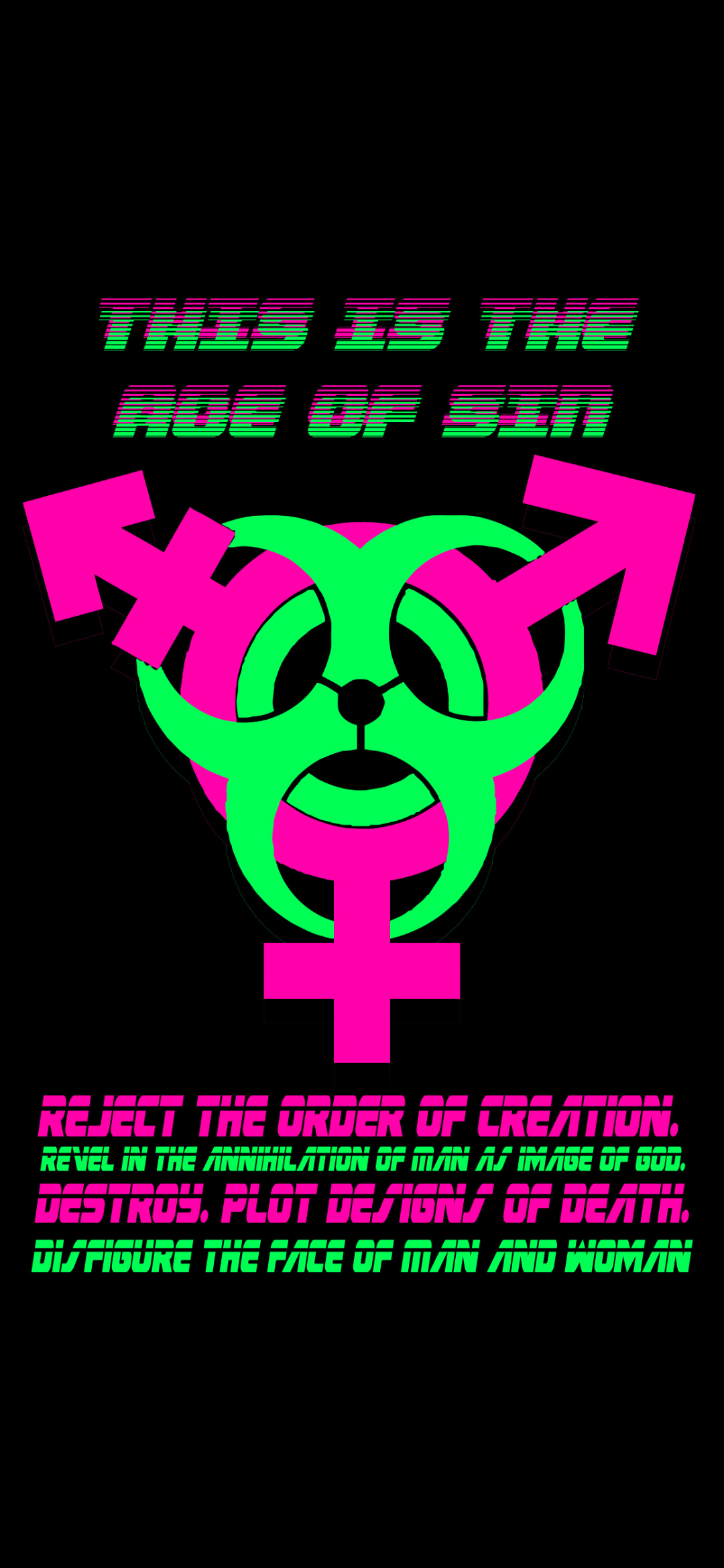“Meejaynom,” 미제놈, American imperialist bastard, is from Korean and is pretty great. It’s also much faster and easier to say because Korean is refined while English is a language of barbarians.
I don't know if you're familiar with Chinese, Japanese, or Vietnamese, but those languages as well as Korean have a wealth of words that are derived from a combination of two Chinese characters. Often you'll stick two of those together to get a compound that's four characters (really simple example is 자기소개/自己紹介, composed of 자기/自己 self + 소개/紹介 introduction yielding self-introduction). That can be a mouthful, so sometimes those four character compounds will get abbreviated by taking just the first character of each word; it's similar to how we might make an acronym in a Western language, but each Chinese character can be pronounced by itself and also carries meaning.
That's exactly what's going on with our Korean example: 미국/米國 America + 제국주의/帝國主義 imperialism (itself a combination of empire and -ism) = 미제/米帝 American imperialism. Then, we slap the native Korean word 놈 on the end which is a derogatory term for a man (e.g. bastard) to yield 米帝놈/미제놈 American imperialist bastard.
It's not slang afaik but めんどくさい (mendokk-sai) is this wonderful term in Japanese, at least in some use cases. It means bothersome or vexatious.
You know when your friends have an in-joke or there's something that's insider knowledge and an outsider asks you what it's about. There's really no payoff for explaining it and it's going to take ages to get there, if they even arrive at a point of understanding it?
And what do we have to communicate this in English, where the extreme effort that you'll both have to go is absolutely not worth it whatsoever? "Don't worry about it"? "It's nothing"?
In my experience most of the time that only piques people's interest and they'll press you harder to go into it.
Not in Japanese though. In Japanese you can just say "めんどくさい" and that's basically the end of that discussion.
This could be more of a reflection of Japanese culture about respecting people's privacy and saving face and stuff like that and less about the word itself but it's one of those little gems that I always miss when speaking English.
What is up with Japanese translation issues? I read Japanese Wikipedia a lot for train facts and auto-translate works pretty well there with the exception of strange sentences like "Rice field." which is a translation of "田." I'm guessing this is some kind of more formal speech. Mostly the translated text is understandable but confusing.
Twitter on the other hand is nearly incomprehensible. I follow Japanese train twitter and translate helps some but often tweets sound more like basic descriptions like "It is a picture of a train, but it was strange".
Cwtch. (IPA: kʊtʃ)
Means either a hug or the room under the stairs, depending on context.
E.g.
"Try looking in the cwtch, that's where I keep all my tools."
"Come give you nan a cwtch."
I just think it's a cute word.
based welsh once again evinces its superiority over cringe en*lish
Death to America
Nica short for Ni cagando, meaning "Not even shitting". Basically means "No way"
aiaigasa / あいあいがさ / 相合傘
It's Japanese for sharing an umbrella, especially in a romantic situation.
It's not really slang, and it translates pretty cleanly as "[you] could hardly be saying that ... ?", but I still want to give an honorable mention to Chinese 难道 nándào which explicitly indicates a rhetorical question, and it's basically the default way of asking rhetorical questions.
Doch is a German word that doesn't really translate into English at all because it has lots of meanings depending on context, but my favourite one basically means "you're wrong, the opposite is true". Its like they distilled the essence of "no u" into a single syllable.






